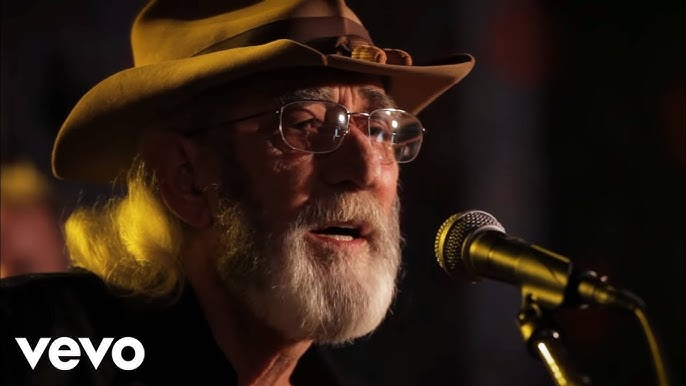
Don Williams finds deeper meaning in country music
Sad songs and waltzes, to quote Willie Nelson, aren’t selling this year. They didn’t sell last year either, and haven’t, in fact, sold as country music in quite some time.
The debate about what Nashville now produces continues. Is the country music of today, delivered by toothsome singers with twangy voices, actually country music? I don’t profess to have the answer. But the appearance of Don Williams in Houston this week reminds me the question is hardly new.
Williams was born in the Texas Panhandle in 1939 and raised in Portland, near Corpus Christi. He started in folk music, a more mannered counterpart to classic honky-tonk. By the 1970s, Williams was a Nashville hit-making machine, turning out the most tuneful, laid-back country music ever put to tape. His voice was like an old oak tree: big, elegant, textured and capable of twisting beautifully in a way that conveyed the passage of time.

Williams’ peak popularity in the 1970s overlapped with the lionized Outlaw sound of Willie Nelson and Waylon Jennings. If Williams and Jennings looked like weathered beards of a feather, though, their music sounded different. Jennings’ forceful tone was informed by his confrontational persona. Williams’ music evoked what it felt like to kick off your boots at the end of a long day. He didn’t sound like anybody else of his era, which explains in part why he was so successful.

Williams and Jennings represented different poles of country music and suggested the genre – often accused of being staid – was capable of some variety. Williams’ gentler songs didn’t cater to rowdy rock fans the way Nelson’s and Jennings’ did. His songs were not much for dancing, either. But they’ve aged well: If you play them today, there’s no doubt as to whether they’re country music.
Because country was so singularly tied to one place and because that place is Nashville, the music’s history is insular, based on certain traditions. Some of them had to do with instrumentation (say, fiddles) and some had to do with themes (folks struggling). Both of these elements evolved during the 20th century.

Drums, once forbidden, became standard time keepers. Electric instruments gradually worked into the mix. String sections were in. Then string sections were out. At some point hats were no longer required. The guys in the pop-country band Alabama passed on the rhinestone-studded suits to instead dress like guys at the bowling alley. But while the stylistic flourishes changed through the decades, the musicians classified as country performers sang a common language to listeners generations apart.







